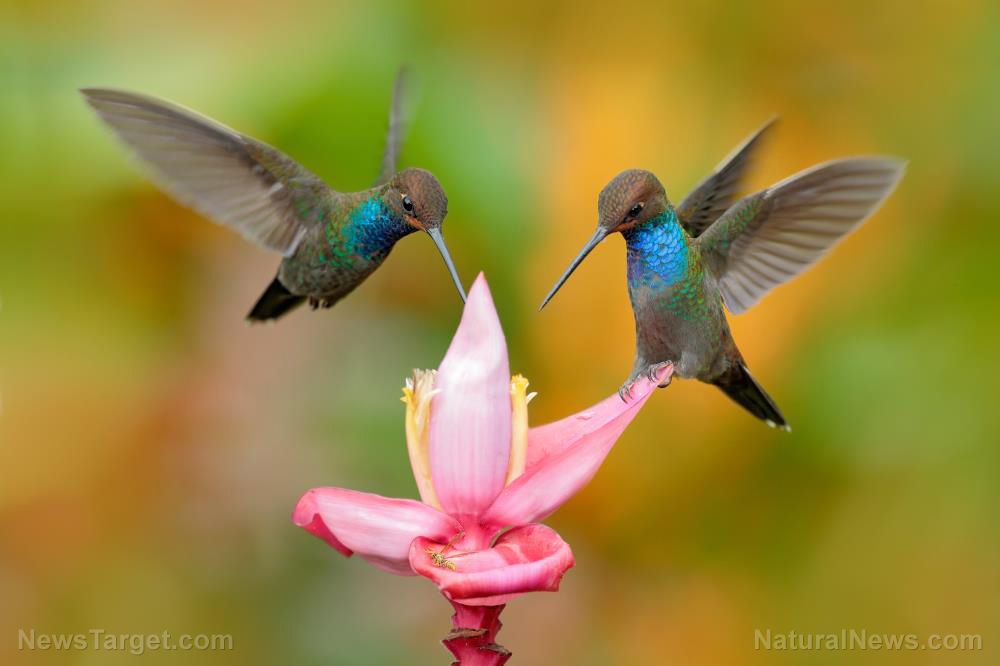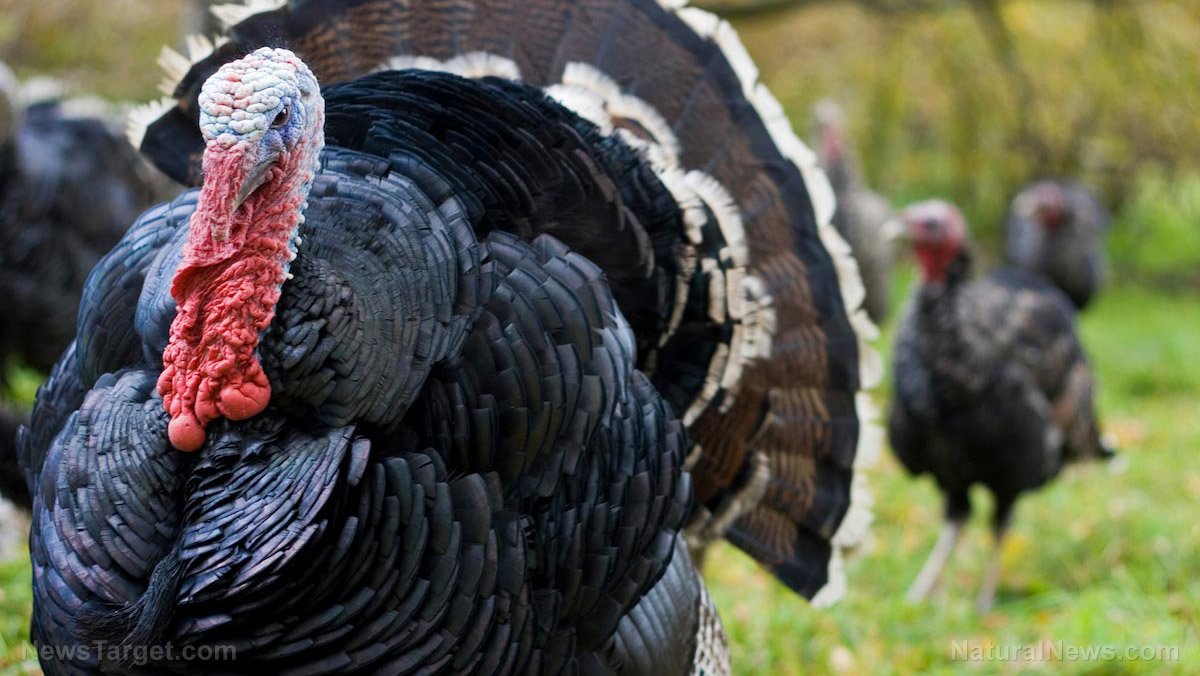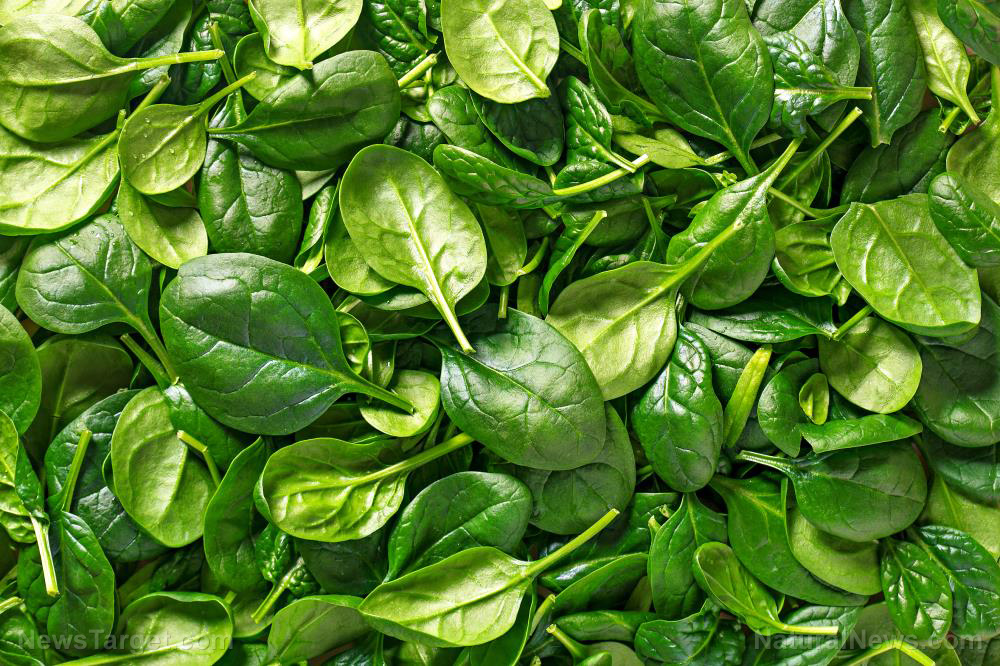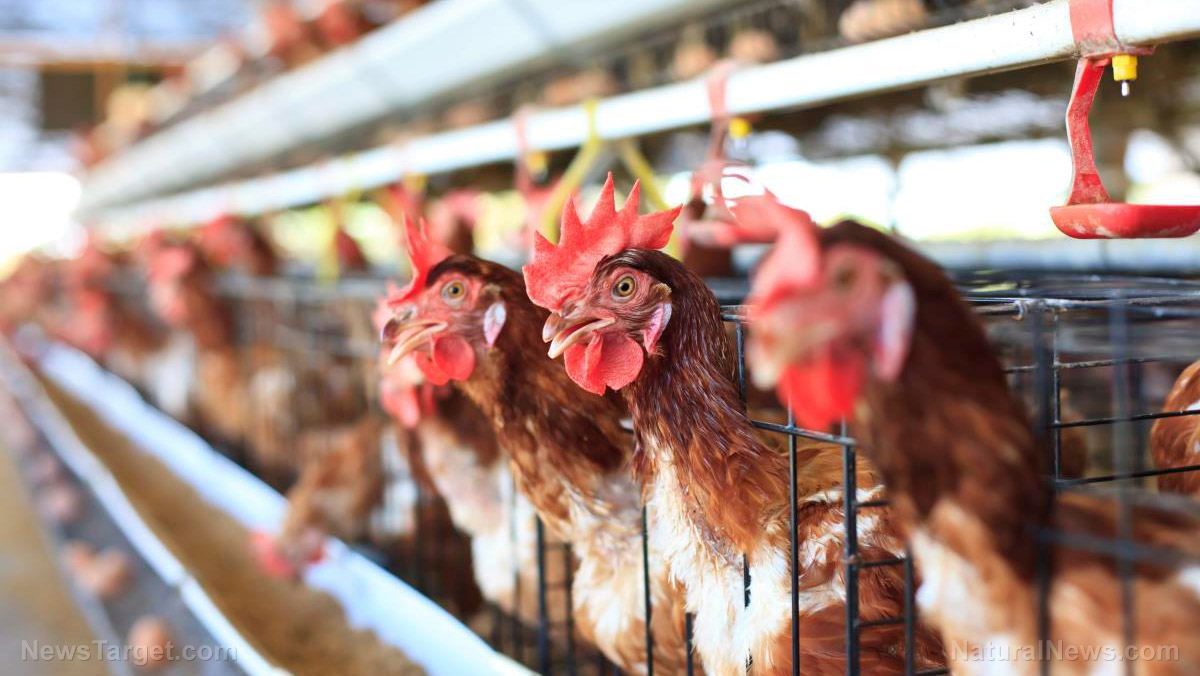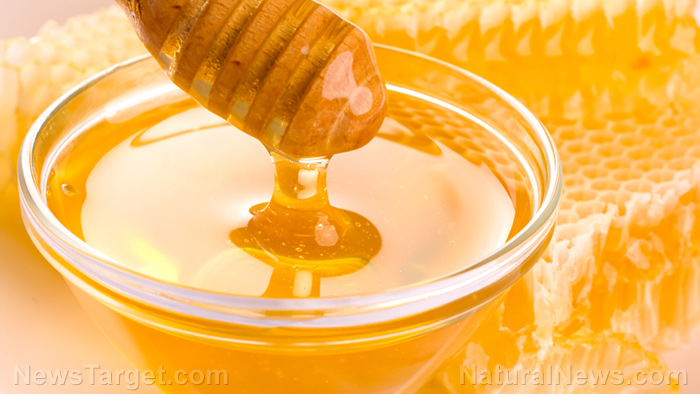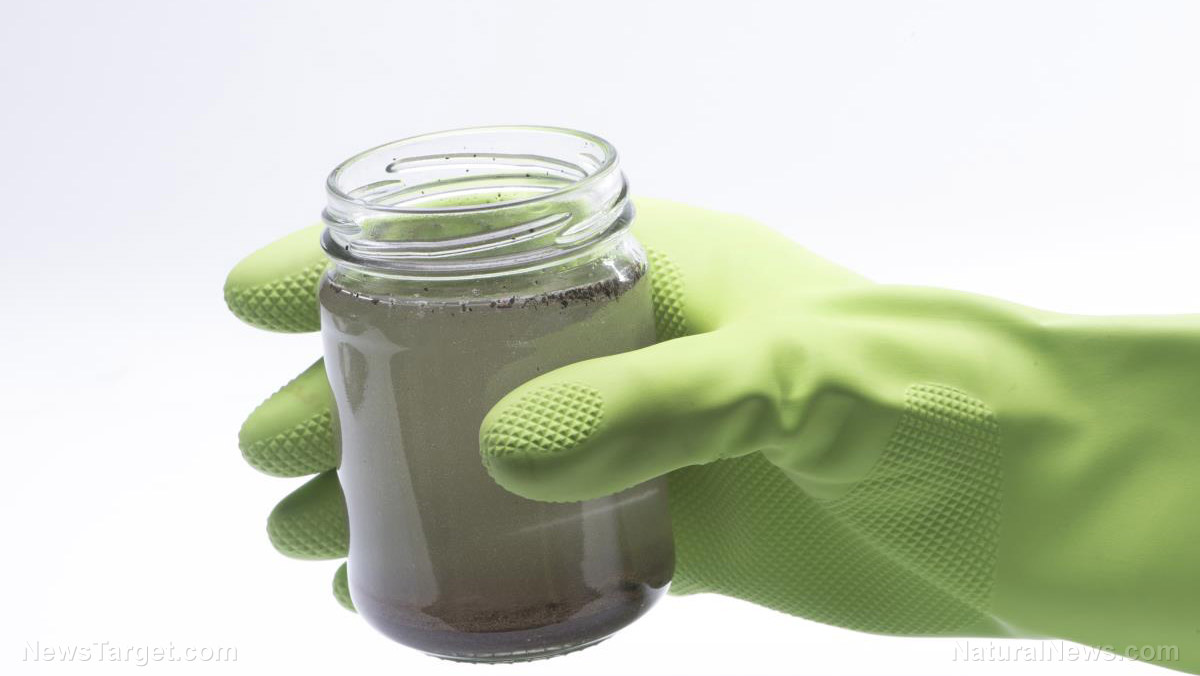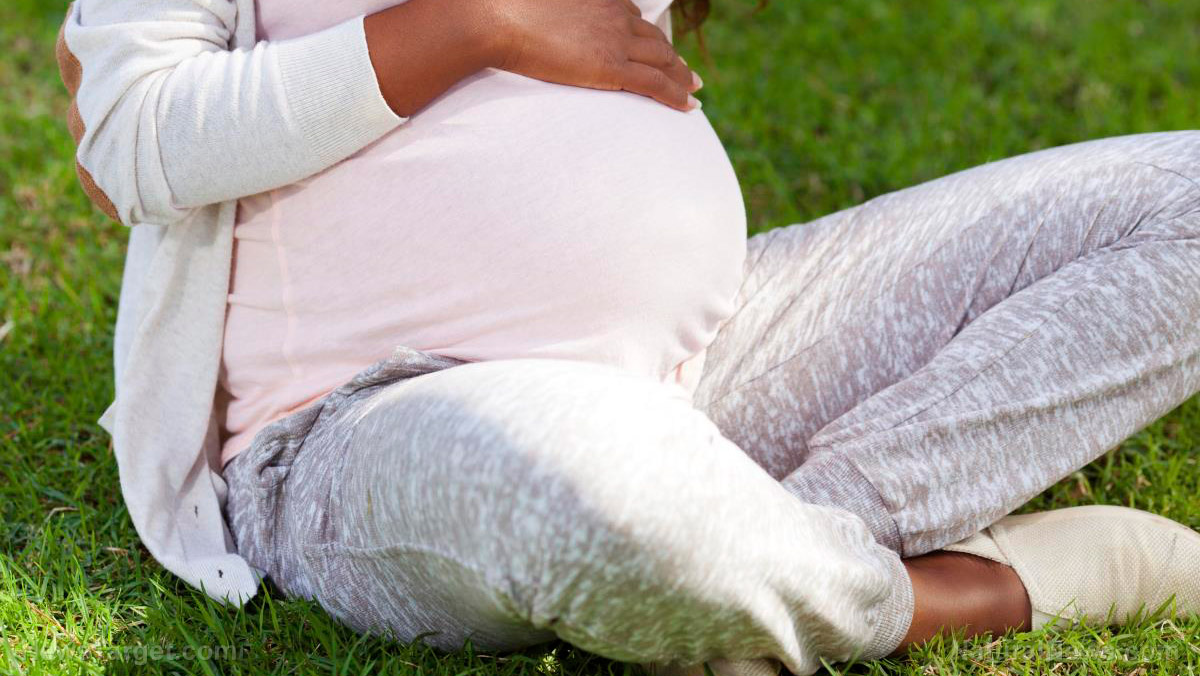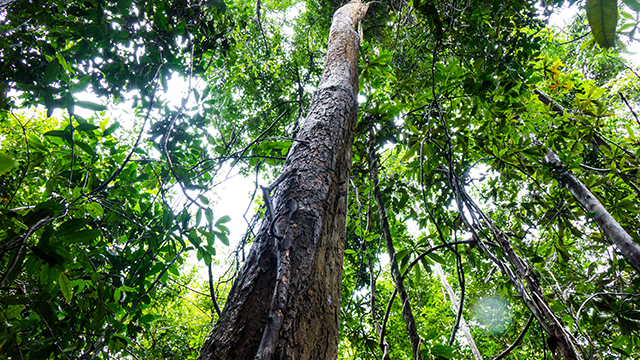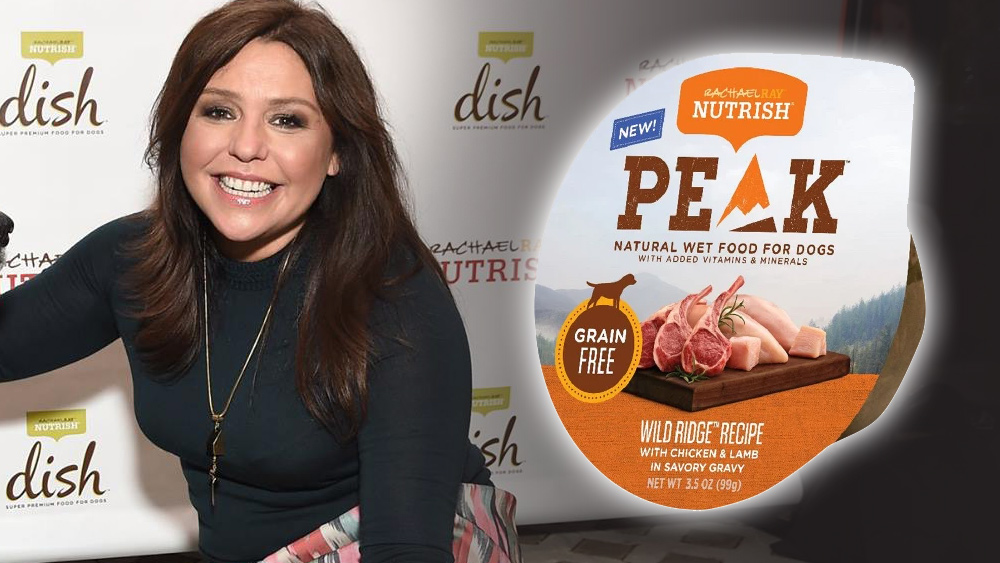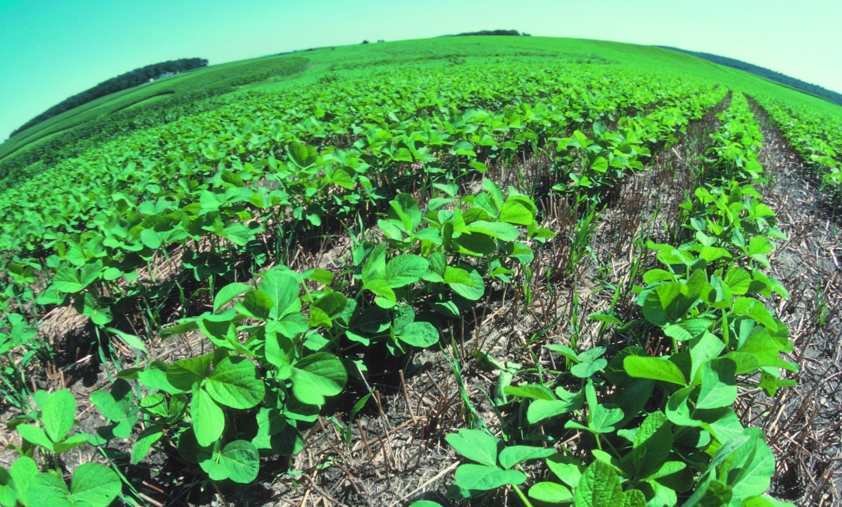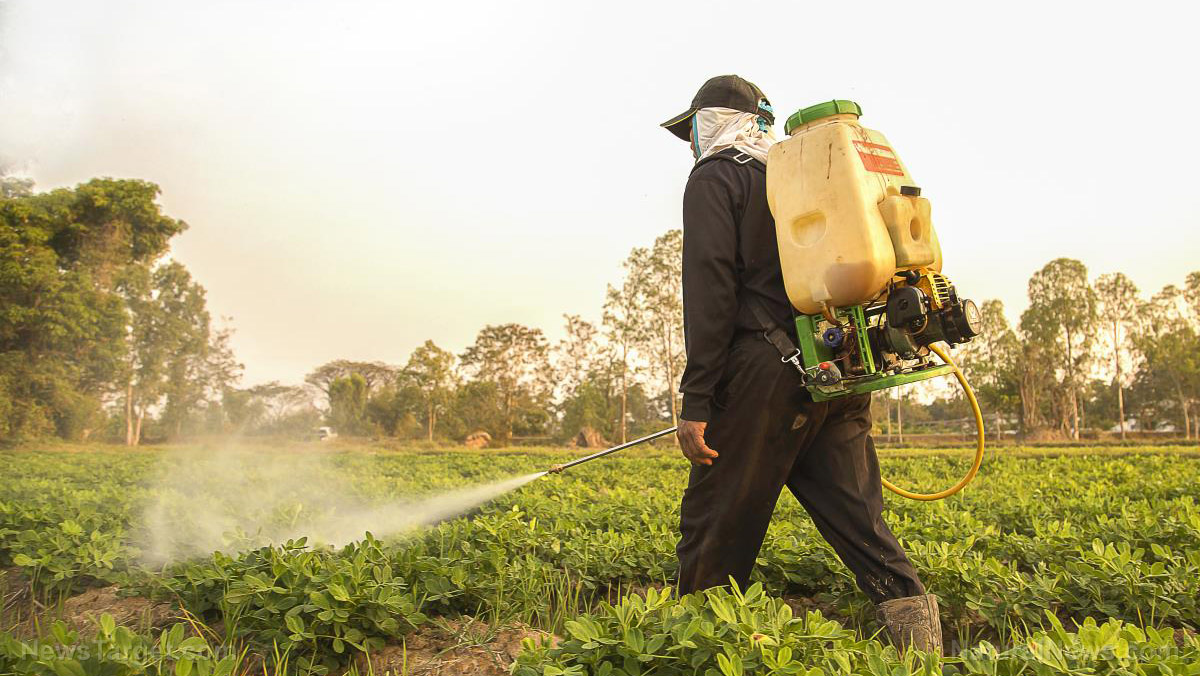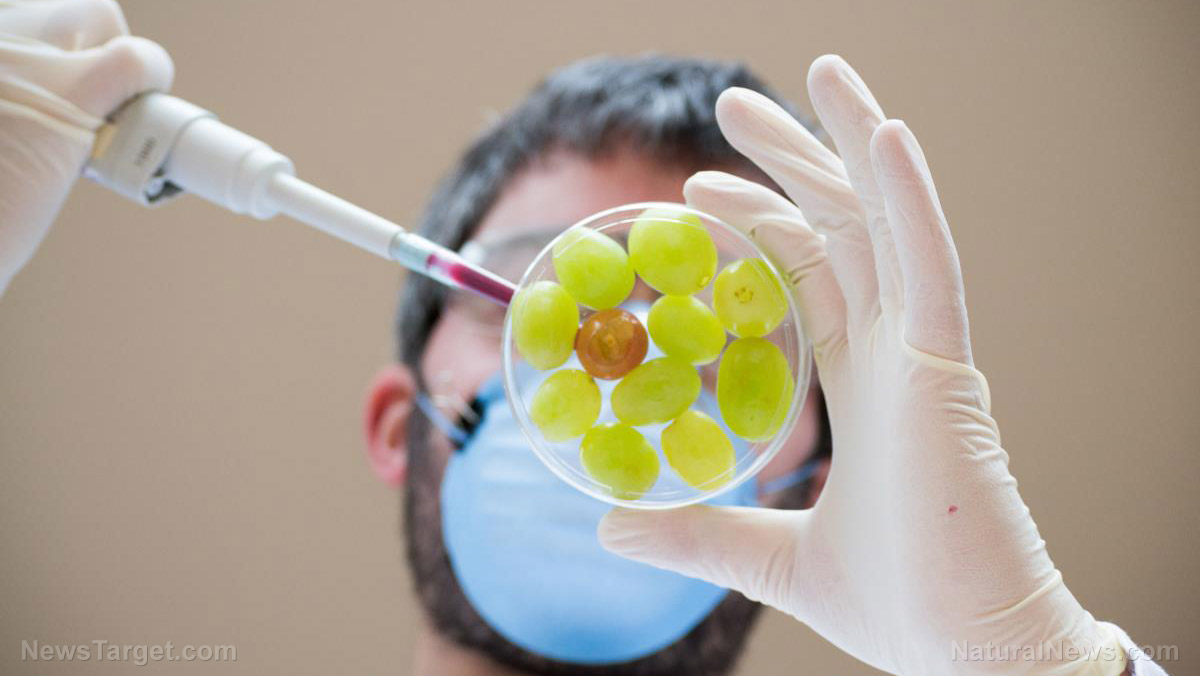U.K. joins the EU in their ban against bee-killing pesticides
11/27/2017 / By Janine Acero

The U.K. has now decided to join the EU-wide ban on pesticides to protect and conserve bees that are dying by the thousands because of the controversial chemicals.
The U.K had previously opposed the ban, but after other members expressed their disagreement, it was finally implemented across the EU. Supporters of the pesticide ban include academics and green campaigners. They believe that the U.K.’s decision is a strong indication that the government still prioritizes the protection of the environment even after the Brexit.
Michael Gove, Secretary of State for Environment, Food and Rural Affairs, said that the threat of these pesticides to bees and other insects such as butterflies are “greater than previously understood.”
These bee-killing pesticides are called neo-nicotinoids or “neo-nics” which are used in sprays and coatings on seeds to kill sap-sucking weevils and aphids. The European Commission (EC) proposed a ban on three neo-nicotinoids on flowering crops such as rapeseed oil in 2013 because of the risks to bee population.
Gove was “deeply concerned” after a recent study into the health of some insect populations revealed that 75 percent of flying insects in Germany had disappeared. He believes that the weight of the evidence will convince the U.K. to back a new proposal by the EC to extend the ban to non-flowering crops such as wheat and sugar beets. According to him, all evidence points to “extensive and permanent effects on bee populations” if they do not act on this threat.
“That is not a risk I am prepared to take, so the U.K. will be supporting further restrictions on neo-nicotinoids. Unless the evidence base changes again, the Government will keep these restrictions in place after we have left the EU,” said Gove.
Increasing evidence shows that these pesticides harm the bees’ ability to forage for food and to reproduce, greatly diminishing their numbers. Scientists discovered that 75 percent of the 198 honey samples they tested contained at least one of the neo-nicotinoid chemicals. The honey samples were collected from every continent except Antarctica. (Related: Beyond honey bees, neonicotinoid pesticides now found to be killing baby birds.)
Matt Shardlow, of insect conservation group Buglife, expressed his approval of the U.K.’s support of the ban: “We warmly welcome the U.K.’s change of position. Brexit will give the U.K. more control over the health of our ecosystems and it is essential in doing so that we apply the highest standards of care.”
On the other hand, the National Farmers Union (NFU) criticized the government’s decision. According to a spokesperson:
“Farmers are acutely aware that bees play a crucial role in food production. Farmers rely on bees to pollinate crops and have planted around 10,000 football pitches of flower habitat across the country to support a healthy bee population and give them a good home.
“We deeply regret the decision the Government has taken on this issue as we don’t believe the evidence justifies this abrupt change in policy.
“We will continue to speak to the Government about how the impact of the decision can best be mitigated so that farmers can maintain sustainable and productive cropping systems.”
Professor Lin Field, head of the crop protection department at Rothamsted Research, added that extending the ban to non-flowering crops could bring more harm than good for U.K. farmers. According to Field, the lack of alternative to neo-nics for controlling pests on other crops such as sugar beets and cereals could mean that these insects could develop resistance to other widely used insecticides.
The report was featured on the Daily Mail website.
Sources include:
Tagged Under:

